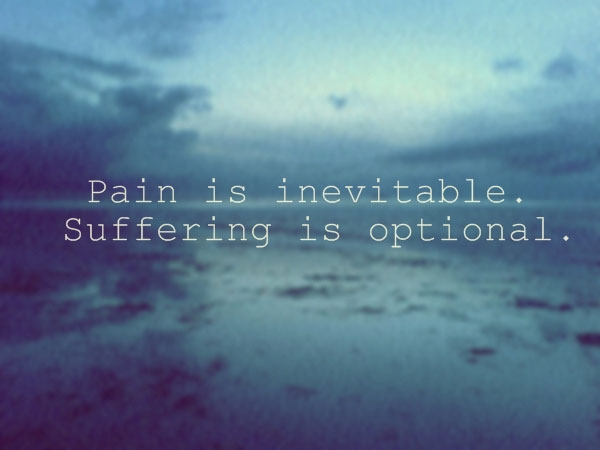Our lives have ups and downs, and daily activities can cause us pain—but we can stop the pain with practice. Being in Bhutan makes me constantly aware of appreciating the moment—the beauty and life around me. Also lots of archery, which is Bhutan’s national sport.
One of my favorite Buddhist teaching, “Two Arrows Sutra”, shows us how to respond to pain in a mindful way that prevents needless suffering.
An arrow hits us and causes us physical or mental pain. The arrow can be a nasty remark, or not buying something on sale, or not getting an outcome we want. When we react by becoming distraught and worry about it, we are hit by a second arrow, one of mental pain. The second arrow has been created by our own negative reaction, which causes us unnecessary pain. If our response to the first arrow is to remain patient and calm, and let the negative thoughts pass along, there will be no second arrow.
The great teacher Shantideva wrote (The Way of the Bodhisattva, Shambala, 2008, p 16):
If there’s a remedy when trouble strikes,
What reason is there for dejection?
And if there is no help for it,
What use is there in being glum?
I’ll not fret about such things,
To do so only aggravates my trouble.
In Buddhist economics we gain nothing directly from suffering or from feeling guilty. Instead we can learn from our experiences and make amends if we have harmed someone, and then let the experience pass. We want to help others and relieve suffering whenever possible. This is the way to be happy.
We can apply the story of the two arrows to our national economy as well as to our daily lives. The first powerful arrow of maximizing profits in free markets is launched, and though it makes a few people rich, it harms many people and the environment. Then the second arrow hits people as they work hard to earn enough money to buy lots of stuff, only to find temporary happiness on a treadmill that won’t stop.
If we look closely at the first arrow, we can question the viability of an economy run by competition for profit without concerns for the environment or people’s well-being. We can stop shooting the second arrow by structuring markets that move us beyond the pursuit of income as our primary goal. Now the “pursuit of happiness” becomes creating meaningful comfortable lives for everyone within a healthy ecosystem. A Buddhist economy can improve the lives of all people, even the archers of the first arrows.
